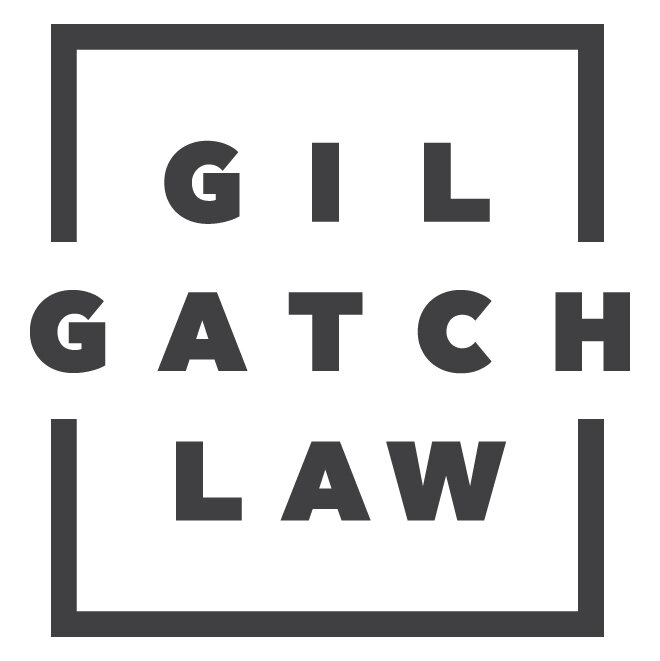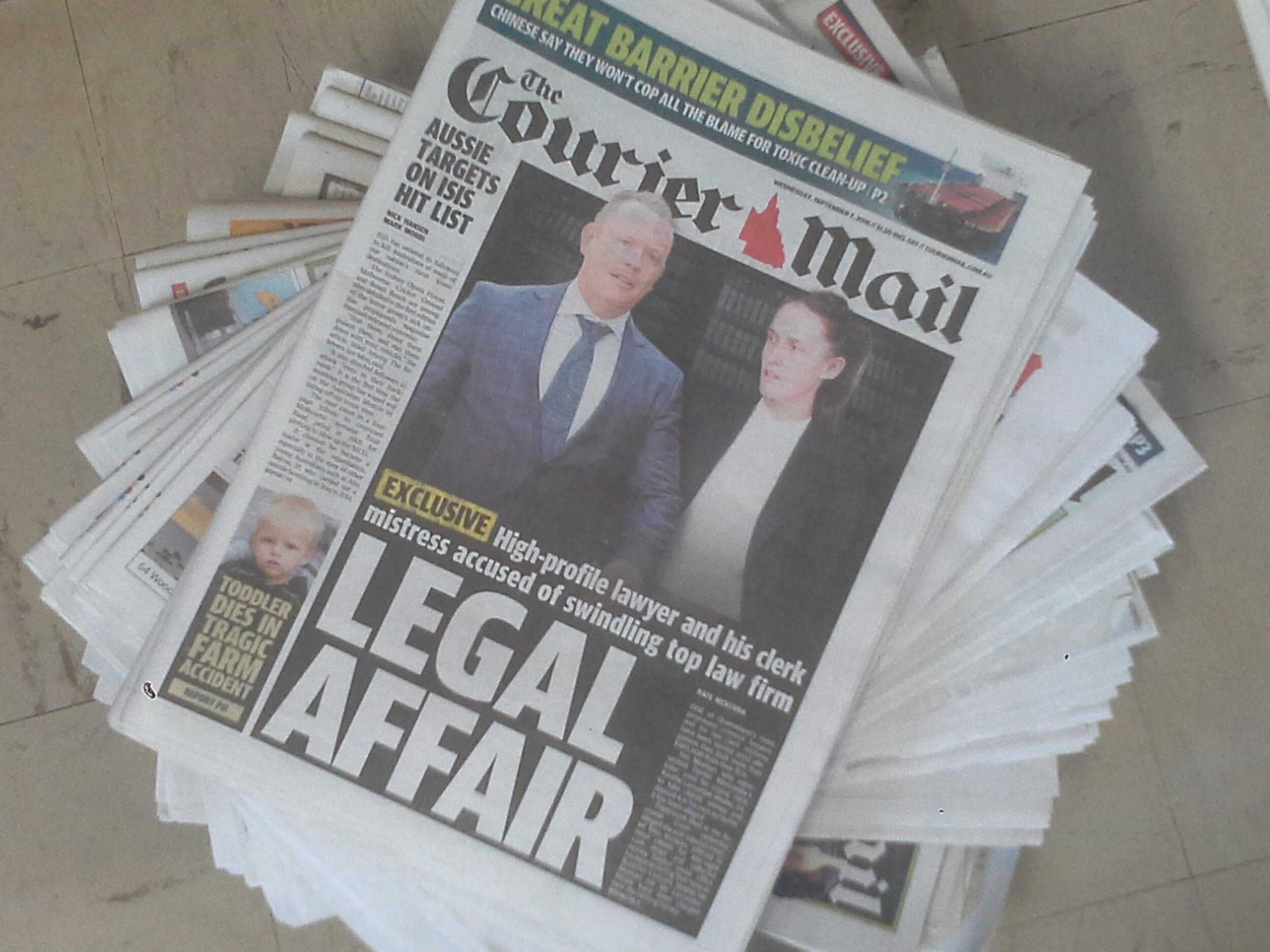Defamation
Our founding fathers wrote the first amendment into our constitution in order to maintain the United State’s democracy. An individual’s liberties are sacred and should not be abused. This being said, it is unfortunate that businesses and individuals suffer consequences when their opposition decides to take their freedom of speech too far. Nobody has the right to knowingly spread false information, with the intention of damaging your reputation. If they were successful, call Gil Gatch Law.
What I can do
Social media platforms have various benefits. However, like most things in life there are pros and cons. Easy access to public platforms allows for anyone to share incorrect information to a mass audience. All it takes is a single rumor to disrupt someones livelihood. If you have fallen victim to “alternative facts” contact us and let us prove it.
We can provide counsel if:
The information spread was false.
It presented itself as fact.
The falsehoods were published and /or communicated to a third person or party.
The falsehoods were known to be incorrect or not verified prior to publishing.
Some harm happened to the person or entity who is the subject of the falsehood.
Looking for answers, here are some frequently asked questions
How can defending ones reputation from defamation be reconciled with the first amendment?
Defamation law attempts to strike a balance between one’s right to freedom of speech and one’s right to prevent the defamation of their reputation. People should have free speech to talk about their experiences in a truthful manner without fear of a legal repercussions if they say something mean. On the flip side, people also have a right to prevent hurtful lies from damaging their reputation. Deciding what statements are fact and which are fiction is called “absolute defense.” Only proving an “absolute defense” will resolve a defamation case.
What is the difference between “Libel” and “Slander?”
Slander are statements spoken out-loud. Libel are printed statements.








